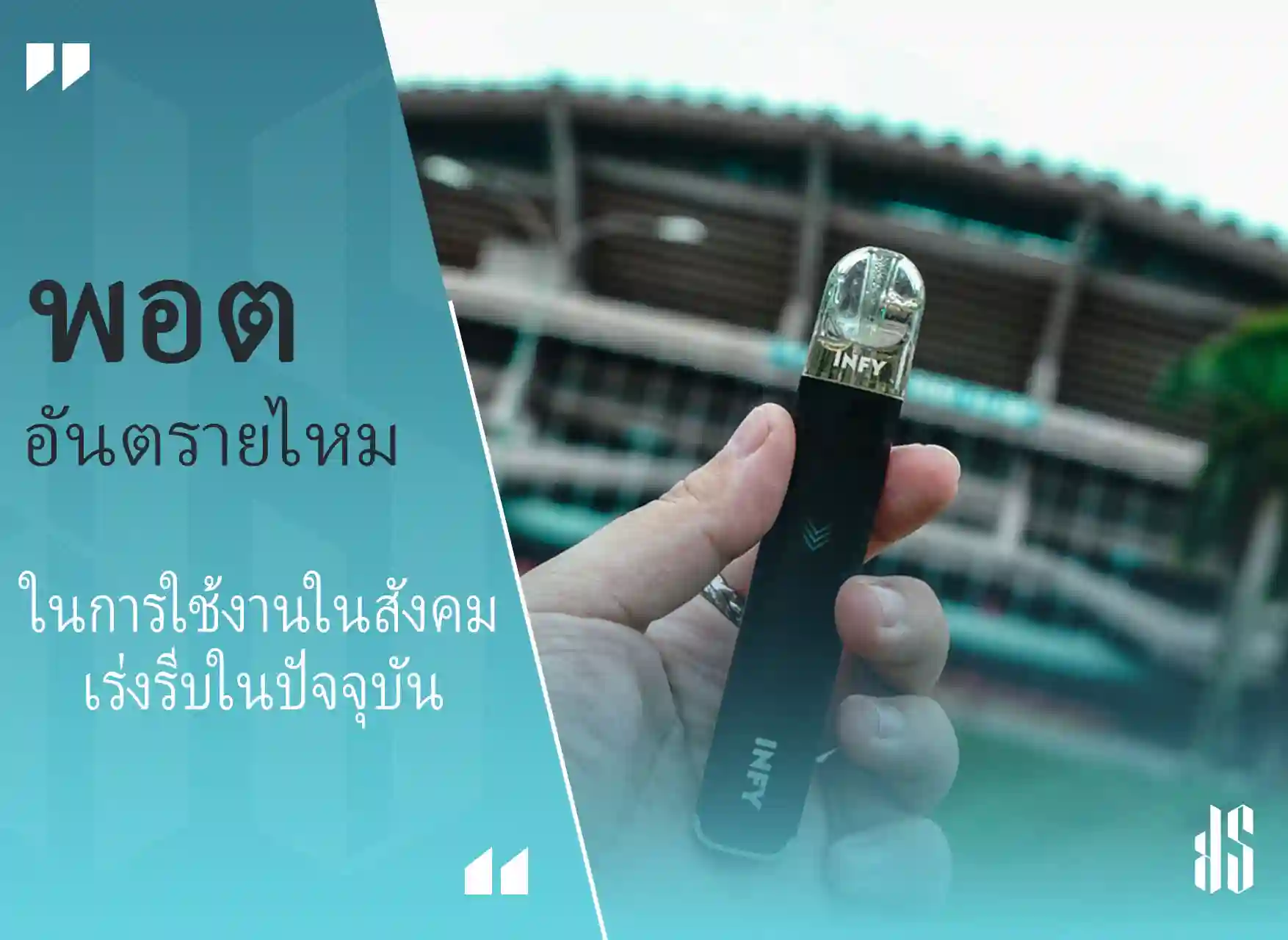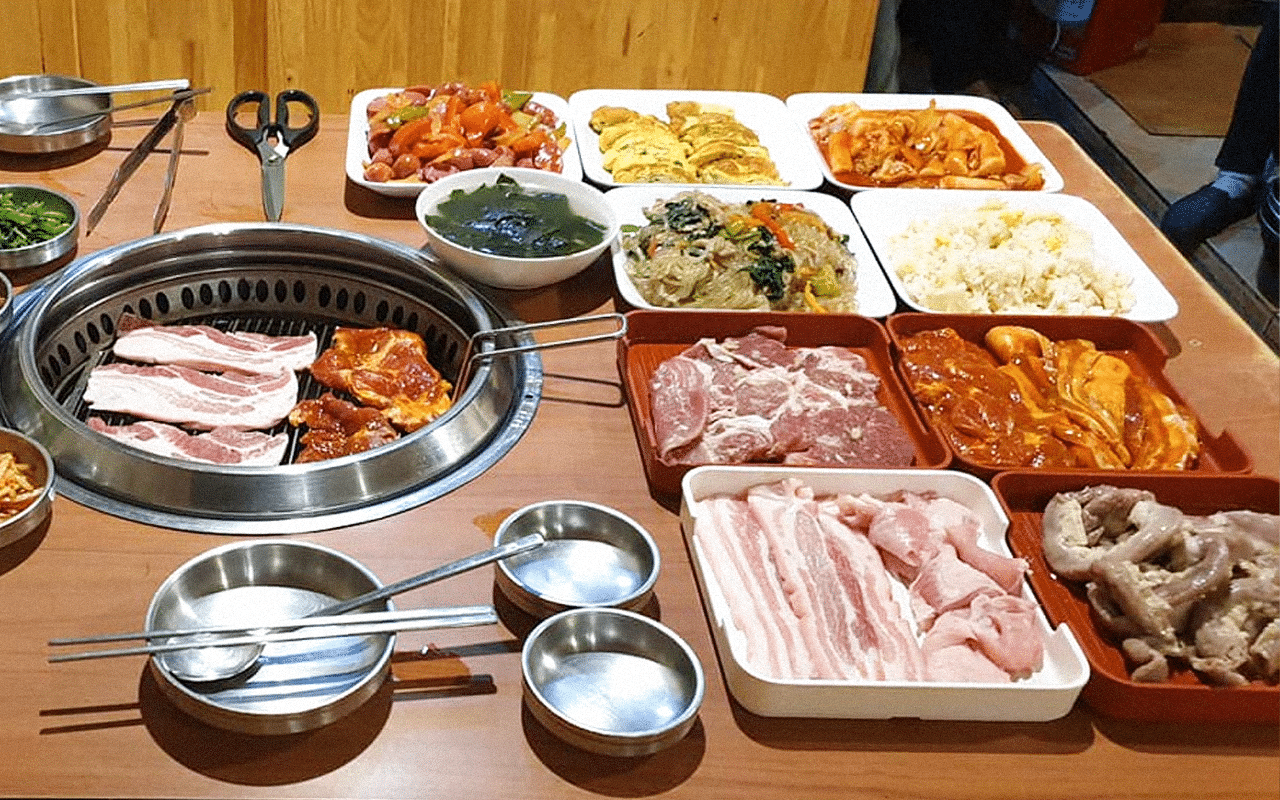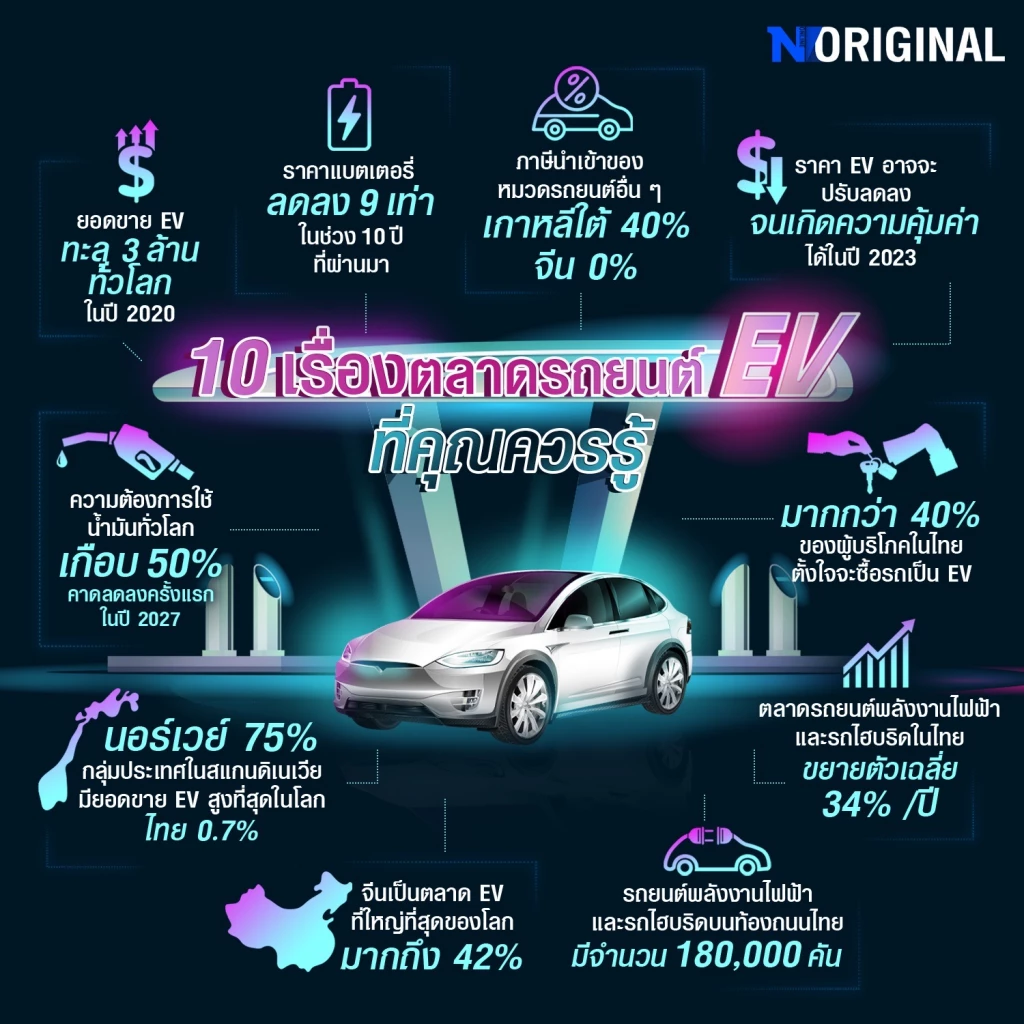Speak Like A Thai – Polite Particle ‘jâ’ 2023 2024
Speak Like A Thai – Polite Particle ‘jâ’ The Thai polit […]
Speak Like A Thai – Polite Particle ‘jâ’
The Thai polite particle “jâ” (จ๊ะ) is used to express politeness, respect, and affection. It is a versatile word that can be used in a variety of contexts, including formal and informal conversations.

Here are some examples of how to use “jâ” in a sentence:

- Formal:
- “Khâp khun khâp” (ขอบคุณครับ/ค่ะ) – Thank you (male/female)
- “Chan yindee khâp/khâ” (ฉันยินดีครับ/ค่ะ) – You’re welcome (male/female)
- “Krai mâi khâp/khâ” (ใช่ไหมครับ/ค่ะ) – Right? (male/female)
- Informal:
- “Mai pen rai khâp/khâ” (ไม่เป็นไรครับ/ค่ะ) – No problem (male/female)
- “Khai khun khâp/khâ” (ได้ครับ/ค่ะ) – Yes (male/female)
- “Chan khâp/khâ” (ฉันครับ/ค่ะ) – Me (male/female)
“Jâ” can also be used to soften the tone of a command or request. For example:

- “Pิดประตูด้วยจ๊ะ” (ปิดประตูด้วยจ๊ะ) – Please close the door (polite)
- “กินข้าวเถอะจ๊ะ” (กินข้าวเถอะจ๊ะ) – Let’s eat (polite)
- “ช่วยฉันด้วยจ๊ะ” (ช่วยฉันด้วยจ๊ะ) – Can you help me? (polite)
“Jâ” can also be used to express affection or endearment. For example:

- “ลูกสาวคนเก่งของแม่จ๊ะ” (ลูกสาวคนเก่งของแม่จ๊ะ) – My good daughter (affectionate)
- “คิดถึงจังเลยจ๊ะ” (คิดถึงจังเลยจ๊ะ) – I miss you so much (affectionate)
- “รักนะจ๊ะ” (รักนะจ๊ะ) – I love you (affectionate)
In general, using “jâ” is a good way to show respect and politeness to others. It is a versatile word that can be used in a variety of contexts, so it is a good idea to learn how to use it correctly.

Here are some tips for using “jâ” correctly:
- Use “jâ” when speaking to elders, superiors, or strangers.
- Use “jâ” when making requests or giving commands.
- Use “jâ” to express affection or endearment.
- Avoid using “jâ” in informal conversations with friends or family, as it may sound too formal or insincere.
By following these tips, you can learn to speak like a Thai and use the polite particle “jâ” correctly.






